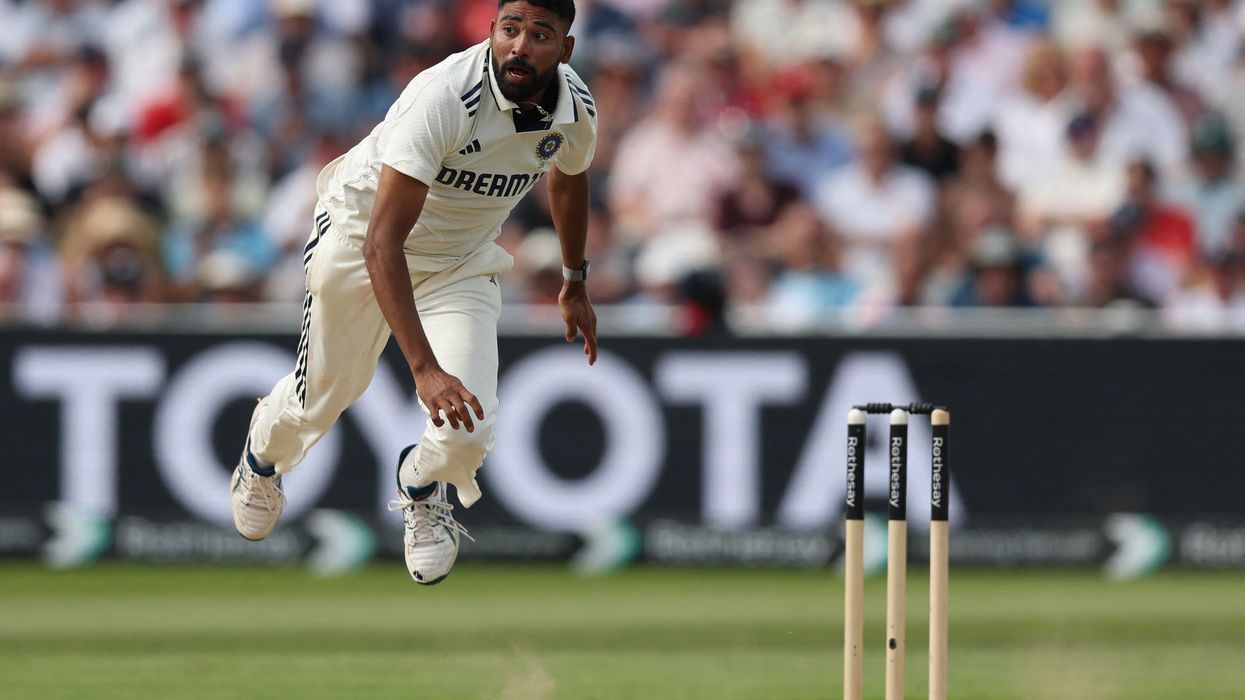AT LEAST 68 people are missing a week after a flood swept through a Himalayan town in northern India, officials said Tuesday.
The August 5 disaster in Dharali town has left four people confirmed dead. With those missing, the total toll is likely to be more than 70.
Survivor videos showed a surge of muddy water carrying away multi-storey buildings.
Search teams are continuing to look for bodies in the wreckage of Dharali, a tourist town in Uttarakhand state.
Gambhir Singh Chauhan of the National Disaster Response Force said sniffer dogs had identified locations where bodies might be buried, but “when digging started, water came out from below.” Teams are also using ground-penetrating radar in the search.
More than 100 people were initially reported missing. With roads damaged and mobile networks disrupted, it took rescuers several days to verify the list. The local government now lists 68 missing, including 44 Indians, 22 Nepalis, and nine soldiers.
Experts from the National Geophysical Research Institute began using ground-penetrating radar on Tuesday to search for 66 people, including 24 Nepali labourers, buried under debris since the floods and mudslides hit Dharali. The team reached the site on Monday evening and is focusing on locations where there may be human remains.
Ground-penetrating radar uses radio waves to detect objects below the surface.
More than 1,300 people have been evacuated since air rescue operations began. Authorities said food grains, clothes, gumboots, sleeping bags, and other essentials have been distributed to those affected.
The ancient Kalp Kedar temple in Dharali was buried in debris from the flood in the Kheer Ganga river. The temple, built in the Kature style and dedicated to Shiva, had been buried before in an earlier disaster, with only its tip visible above ground. Its architecture is similar to the Kedarnath Dham temple.
Deadly floods and landslides are common during India’s monsoon season from June to September. Scientists say climate change and poorly planned development are making them more frequent and severe.
No official cause of the flood has been announced, but scientists have said intense rainfall likely triggered the collapse of debris from a melting glacier. Himalayan glaciers provide water to nearly two billion people but are melting faster due to climate change, increasing the risk of floods and landslides.
Past disasters in the region include:
- November 2023 – A tunnel collapse in Uttarakhand trapped 41 workers for 17 days before rescue. No official cause was given.
- October 2023 – A glacial lake outburst flood in Sikkim, triggered by heavy rain, killed at least 179 people.
- January 2023 – About 200 people were evacuated from Joshimath, Uttarakhand, after buildings developed cracks. Rapid construction was blamed for weakening the land.
- October 2021 – Heavy rain caused flooding and destroyed bridges in Uttarakhand, killing at least 46 people.
- February 2021 – Over 200 people died in a flash flood in Uttarakhand that swept away two hydroelectric projects. Scientists linked it to an avalanche of glacier ice.
- September 2014 – Heavy rains caused the worst flooding in 50 years in Kashmir, killing about 200 in India and 264 in Pakistan.
- June 2013 – Floods and landslides in northern India killed 580 and left nearly 6,000 missing. Those missing were later presumed dead.
(Agencies)


















